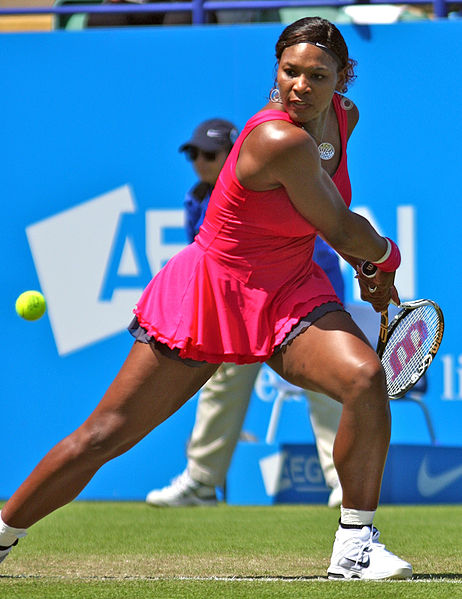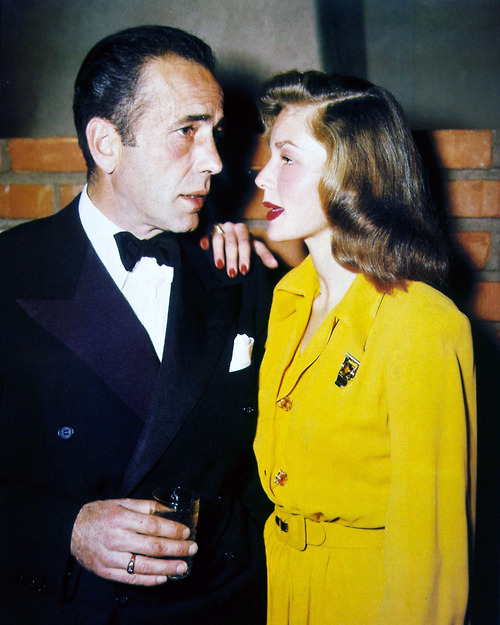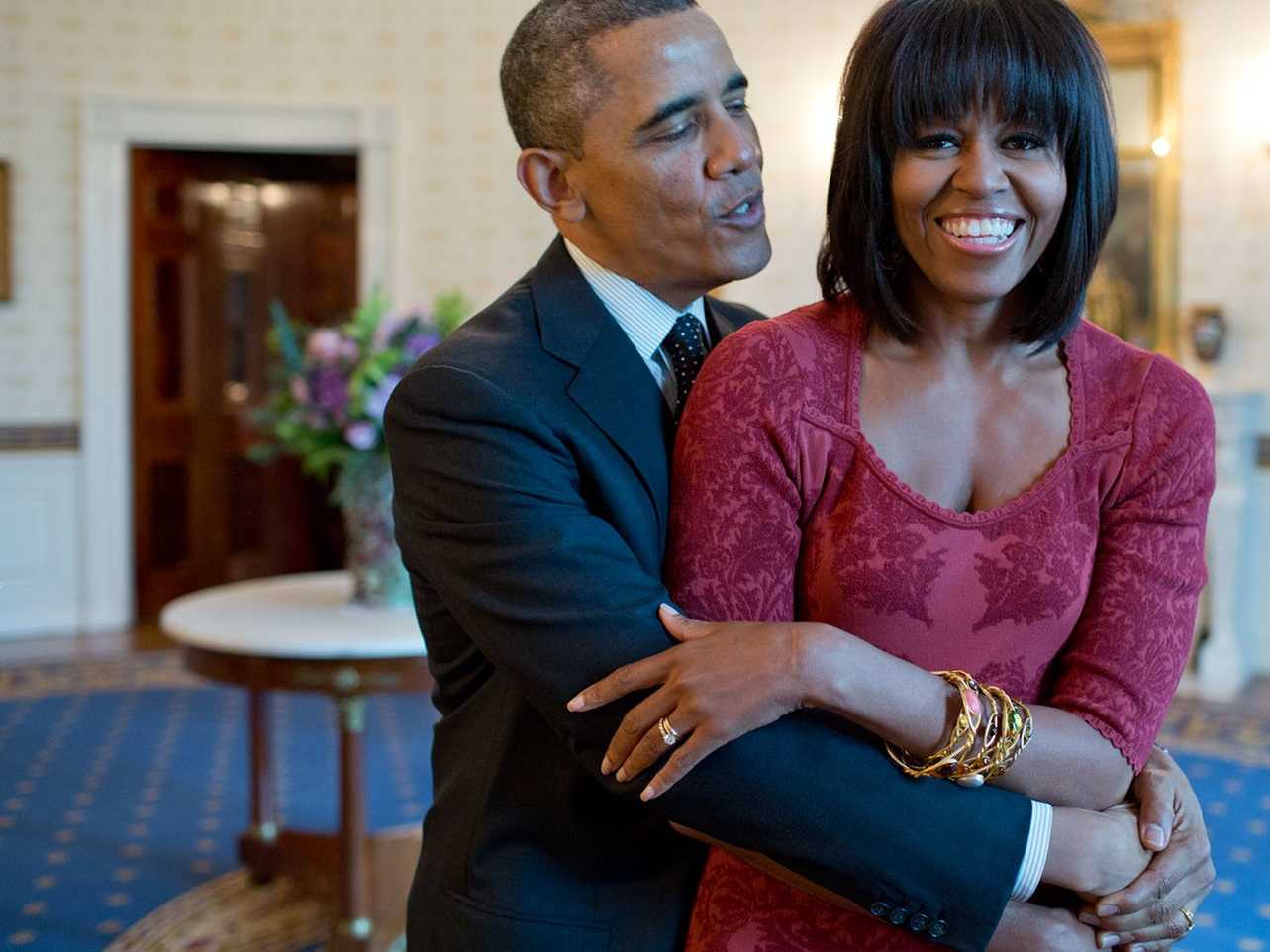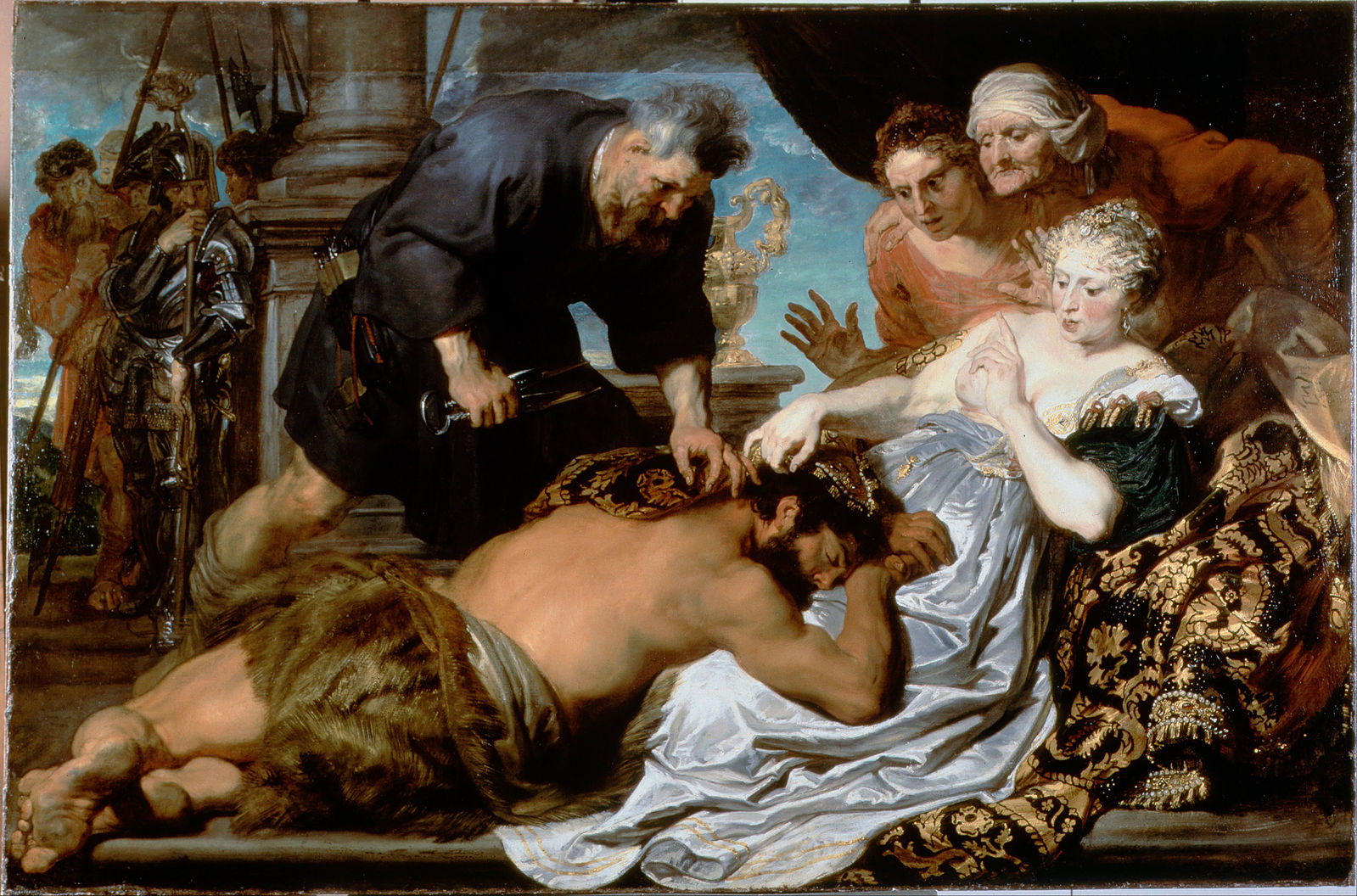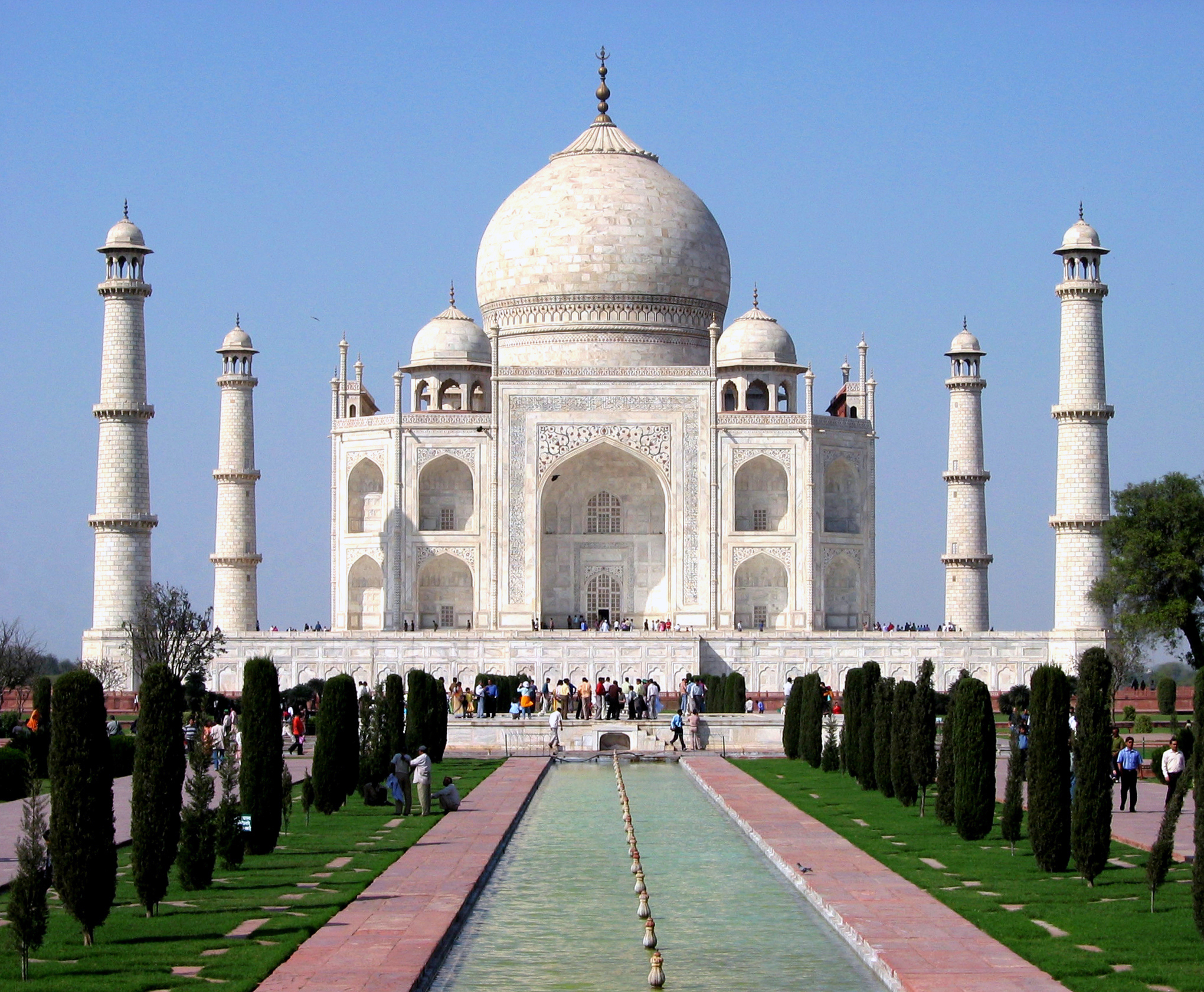
Remember sex?
We went from hot-girl summer to celibate-girl winter in the blink of an eye. Covid-19 put an abrupt end to barhopping — and bed-hopping — shuttering us indoors to be alone with our thoughts and our most instinctive cravings. But these days, women are less likely to view celibacy as a sentence and more as a form of self-care, especially at a time when protecting your energy and prioritizing mental health are tantamount.
It’s hard to even have a conversation about female celibacy that isn’t connected to religion, relationships, or respectability. Celibacy so often entails taking a vow of chastity for the love of a father, the Father, or a future husband. This is why purity balls, where teenage girls promise their fathers and God to remain chaste until marriage, are still a thing. For so long, sexual abstinence was less about a pause and more about the wait for the one — or anyone. Celibacy was either an act of devotion or the maligned mark of spinsterhood. But it’s time to change the conversation altogether.
Celibacy can be radical, self-indulgent, and, dare I say it, sexy. It can give us the space and time to take command of our sexual desires and prioritize pleasure in our everyday life.Celibacy can be the catalyst that we as women occasionally need to switch our focus from pleasing others to pleasing ourselves. And in a culture of no-strings-attached love, taking sex off the table can clear the path to deeper, more gratifying relationships.
Rarely do we enter the bedroom solely seeking sex, anyway…
Read the rest of this article from my Love & Sex column at Zora here.




